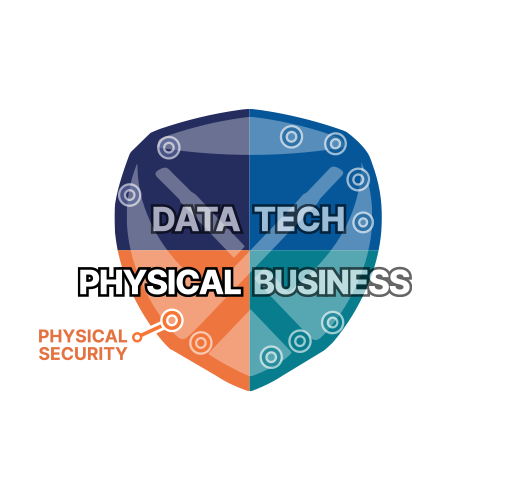Physical security concerns the protection of personnel, hardware, software, networks, and data from real-world threats, actions, and events such as fires, floods,and natural disasters, as well as burglary, vandalism, and terrorism. Physical security defenses should be deep and layered, and should outline measures such as clean desk policies, laptop timeouts, and locked filing cabinets to prevent theft of, or unauthorized access to, sensitive files and passwords.
Physical security is important because it prevents malicious agents from damaging or stealing your critical IT assets or data, installing malware on your systems, or leaving a remote access port open on your network. In addition to preventing outside attacks, a good physical security policy will also prevent staff from accessing information systems or data to which they shouldn’t have access.
While most of our customers host their data in third-party cloud services (such as AWS or Azure), SPIO will help you ensure that you are still protecting your physical spaces against potential security threats. Our checklists will help you maintain secure data centers and offices with policies and annual reviews of best practices, such as password protection policies, timeouts on machines, and other measures to ensure that physical threats can’t help hackers access your data or systems.
